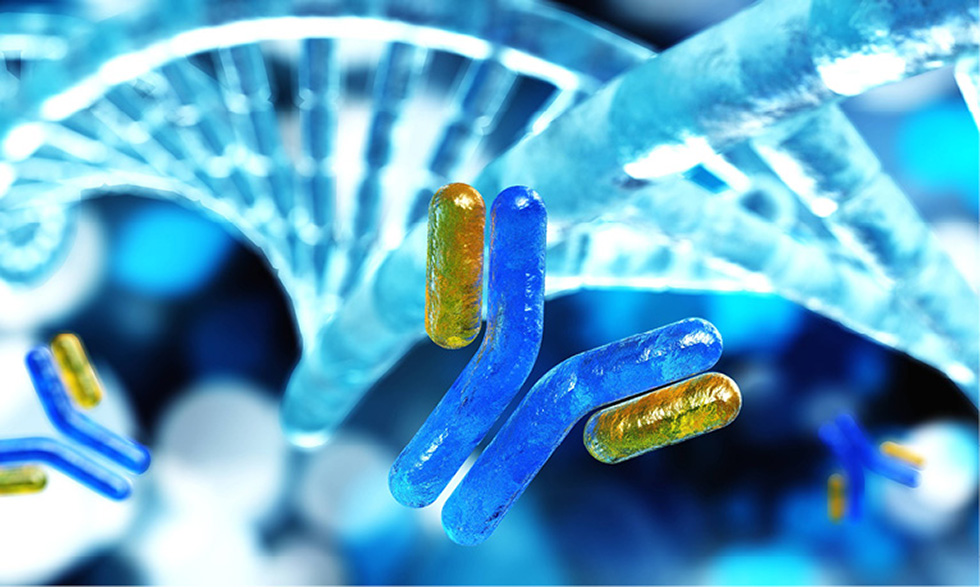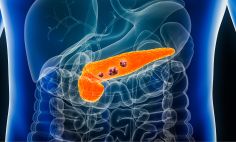Autoimmune diseases are a group of chronic disorders in which the body’s immune system mistakenly attacks and damages healthy cells and tissues. These conditions can impact almost every part of the body and can be difficult to diagnose and treat.
Thanks to scientific and technological advances, we've learned a lot about how processes in the body and the environment contribute to autoimmune diseases. But there’s still much more to discover. We need better tools to study, diagnose, and treat these challenging diseases.
Researching autoimmune diseases at NIH
Institutes and centers across NIH conduct and support research on different aspects of these complex conditions, including:
- Autoimmune conditions that affect different parts of the body, such as:
- The bones, joints, muscles, and skin
- The heart, lungs, and blood
- The nervous system
- The eyes
- The mouth, jaws, teeth, face, and head
- The kidneys, digestive system, and endocrine (hormone) system
- The immune system and its role in immunological and allergic diseases
- Autoimmune diseases that become more common with age
- Genetic factors involved in developing autoimmune diseases
- The role of environmental triggers in autoimmune disease development
- The link between cancer and the immune system
“AMPing” up progress, together
NIH advances scientific progress for autoimmune conditions through the Accelerating Medicines Partnership® (AMP®) program. AMP brings together government agencies and other organizations to share resources and expertise to develop new treatments and diagnostic tools. The goal is to identify and test promising targets for drug development and get new, effective treatments to people who need them.
Sharing resources and data and identifying new targets for health conditions
Identifying promising treatment targets for autoimmune diseases can lead to more targeted and effective tools for diagnosing and treating them. Pooling resources, expertise, and data allows AMP teams to identify and study new biomarkers (measurable biological substances in the body, such as genes, proteins, and other molecules). Changes in certain biomarkers are associated with developing different diseases. Doctors and scientists can use this information to help diagnose diseases and study how people respond to treatments. Biopharmaceutical companies can use it to develop drugs that cure a disease or manage its symptoms.
An important component of the AMP program is making biomarker data available to the research community. Scientists use this data to uncover important clues about the specific cells, pathways, and processes that cause inflammation and disease, including:
- What they have in common
- How they contribute to individual diseases
- How they respond to different treatments
To build on this work, in 2021, AMP launched the Accelerating Medicines Partnership® Autoimmune and Immune-Mediated Diseases (AMP® AIM) program. AMP AIM expands a previous AMP program to include a total of five common autoimmune diseases: rheumatoid arthritis, lupus, psoriasis, psoriatic arthritis, and Sjögren’s syndrome.
This program will lay the groundwork for new discoveries of what these conditions have in common, how they differ, and their similarities to other kinds of diseases.
Developing new tools to speed discovery
Experts will use new, advanced research tools to discover how these diseases cause problems like inflammation, injury, abnormal function, and illness in the body.
Additionally, the AMP AIM project is developing tools and resources to help researchers access and analyze biological data and information about them.
These discoveries can contribute to the development of new treatments for autoimmune diseases by revealing new clues about the specific cells, pathways, and processes involved when someone with an autoimmune disease experiences symptoms such as pain, swelling, and stiffness.
NIH institutes, centers, and offices that support AMP AIM include:
- National Institute of Arthritis and Musculoskeletal and Skin Diseases
- National Institute of Dental and Craniofacial Research
- National Institute of Allergy and Infectious Diseases (NIAID)
- Office of Research on Women’s Health (ORWH)
Collaborating for a cure
Other NIH-supported programs work to deepen our knowledge of autoimmune illnesses and create effective treatments for them. Here are just a couple of examples.
The Autoimmunity Centers of Excellence (ACE) program brings together experts from diverse scientific and medical backgrounds. The ACEs encourage collaboration on research into different aspects of autoimmune diseases, including effective ways to prevent and treat them. Find an ACE clinical trial.
The Immune Tolerance Network (ITN) is a collaborative network for clinical researchers. It develops and funds research about immune tolerance in autoimmune diseases, allergies and asthma, and organ transplantation.
Immune tolerance is the immune system’s ability to tell the differences between “self” (substances that are part of the body) and “non-self” (harmful intruders). Immune tolerance treatments aim to change the immune system to stop it from attacking the body’s healthy tissue without compromising its ability to fight disease. Learn about ITN clinical studies.
NIAID oversees the ACE program, which is also supported by the National Institute of Diabetes and Digestive and Kidney Diseases and ORWH. NIAID also funds the ITN.
Note: ACCELERATING MEDICINES PARTNERSHIP® and AMP® are registered service marks of the U.S. Department of Health and Human Services.






